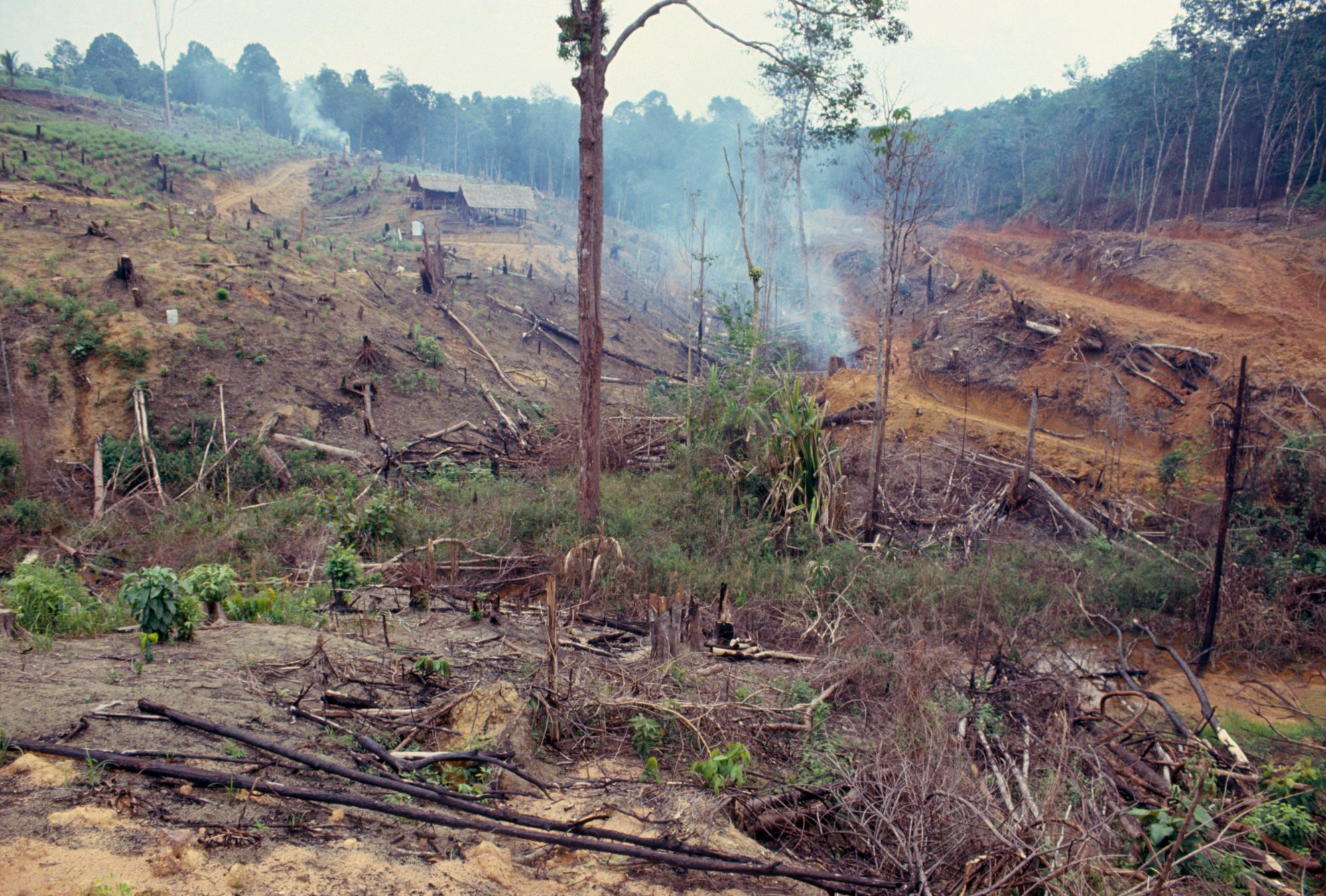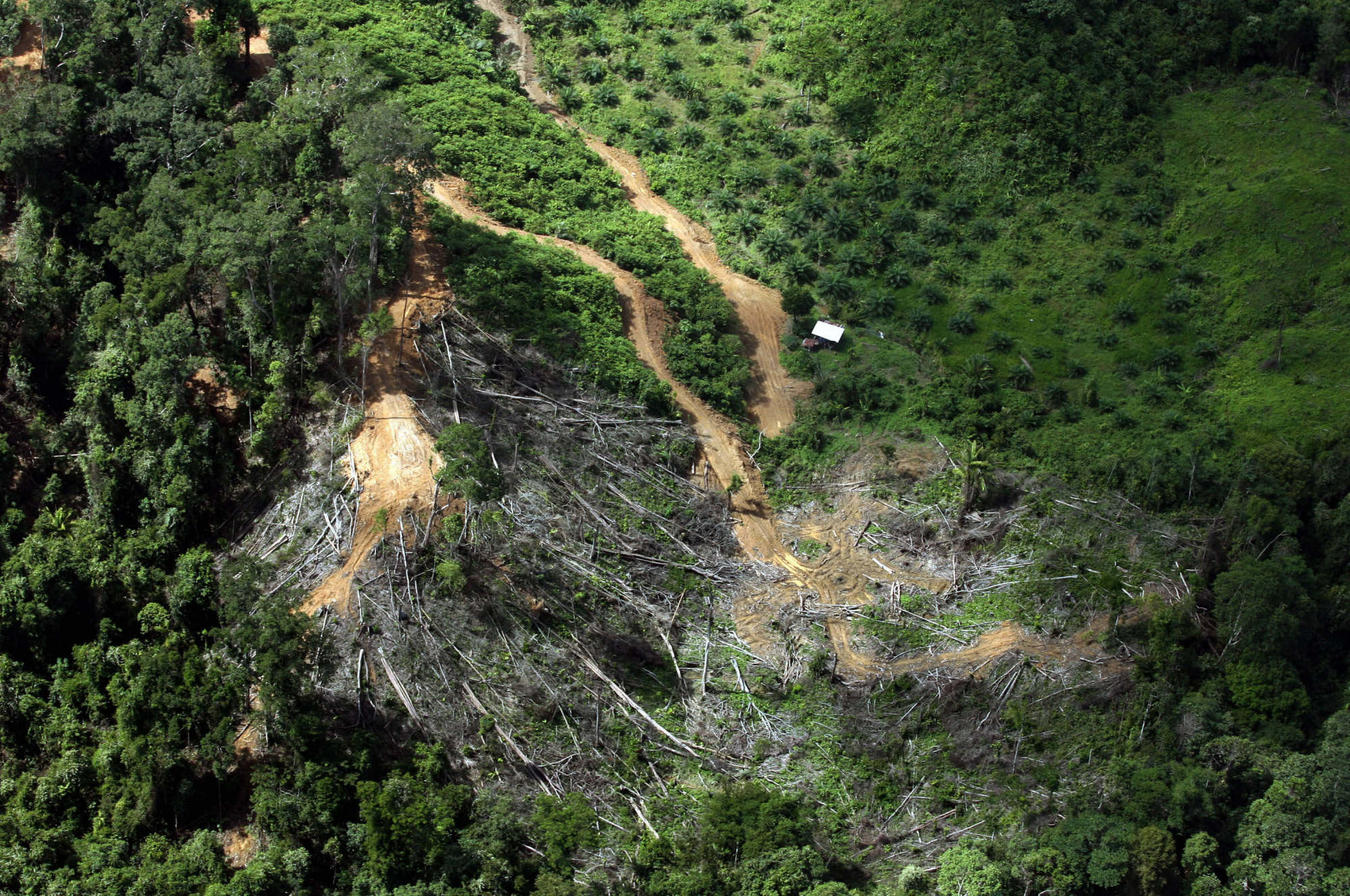
Malaysia’s forests face being ‘permanently lost’ due to vast concessions: climate watchdog report
- Malaysia has a long-standing commitment to maintain forest cover across 50 per cent of its territory, but that promise is at risk, a climate watchdog report said
- RimbaWatch said Malaysia is giving concessions in forested areas, and offering subsidies for timber plantations to make way for quick-growing cash crops
Vast concessions in Malaysia’s forests threaten millions of hectares of rich natural habitats and risk the country’s commitment to 50 per cent forest cover, a report warned on Tuesday.
NGO RimbaWatch said its analysis of concessions in the country’s forest showed up to 3.2 million hectares could be slashed, potentially unleashing enormous carbon emissions and compromising key animal habitats.
“Malaysia has consistently been establishing concessions in forested areas, leaving vast areas at risk,” said RimbaWatch director Adam Farhan.
“The Malaysian rainforest is millions of years old, and when it is lost, it is lost permanently,” he said.
Defining and delineating natural forest cover is complicated: some assessments categorise abandoned timber plantations or active palm oil plots as forest cover, while others only cover relatively untouched land.
So RimbaWatch used three different forest cover baselines for its research: one based on EU satellite data, one using official Malaysian data and one based on independent analysis by conservation start-up, The TreeMap.

RimbaWatch mapped concession grants onto these baselines to determine how much forest was at risk, working on the assumption that all trees in concession areas were threatened.
The analysis found 14-16 per cent of Malaysia’s remaining natural forest risks being cut down, or between 2.1 and 3.2 million hectares.
Malaysia has a long-standing commitment to maintain forest cover across 50 per cent of its territory, but that promise is at risk and may even already have been broken, RimbaWatch said.
The data set from The TreeMap’s Nusantara Atlas estimates forest cover was already under 47 per cent by 2022.
Timber and palm oil plantations are the key drivers of deforestation risk in Malaysia, but other threats including mining and even hydropower projects.
The report is the second time RimbaWatch has analysed the risk to Malaysia’s forests. Its findings last year were rejected by Malaysian officials, who said the group’s definition of forest cover was misguided.
RimbaWatch counters that Malaysia defines forest cover too broadly.

“The Malaysian government allows for monoculture plantations to be counted as forest cover, which is an incredibly worrying development,” said Adam.
“The 2.4 million hectares of loss expected for timber plantations will not be reported by the Malaysian government as deforestation,” he added.
Malaysia’s Minister of Natural Resources and Environmental Sustainability Nik Nazmi Nik Ahmad said on Tuesday that authorities would “verify” RimbaWatch’s report before responding, the New Straits Times reported.
“We know that there are challenges in some spots, but I think we are working very hard to protect that, and we will go through the report seriously,” he was quoted as saying.
Adam however warned that Malaysia is steaming ahead with concessions in forested areas, and even offering subsidies for timber plantations where native trees are removed to make way for quick-growing cash crops like acacia.
“The Malaysian rainforest has hundreds of species of trees per hectare, but monoculture has only one,” said Farhan.

.png?itok=arIb17P0)